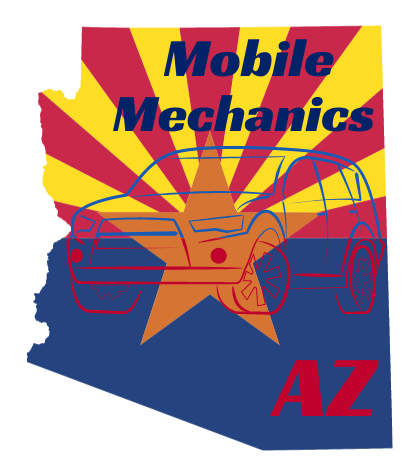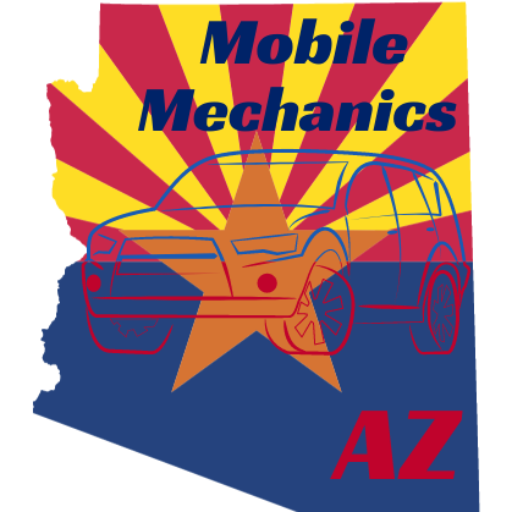Mobile Mechanics
Car Starter
Replacing your car starter is crucial for ensuring reliable vehicle operation, especially since the starter is responsible for initiating the engine’s combustion process. Here are the key situations and signs that indicate it might be time to replace your car starter:
Engine Won’t Start:
If you turn the key or push the start button and the engine doesn’t crank at all, the starter may be failing. Ensure the battery and other components are in good condition before concluding it’s the starter.
Intermittent Starting Issues:
If your car starts sometimes and not others, it could indicate a failing starter motor or solenoid. These intermittent issues often get worse over time.
Unusual Noises:
Grinding, whirring, or clicking noises when starting the car can indicate problems with the starter. Grinding could mean the starter gear is worn or not engaging properly with the flywheel.
Dashboard Lights but No Start:
If the dashboard lights up when you turn the key, but the engine doesn’t crank, it can be a sign of a bad starter. This suggests the electrical system is working, but the starter isn’t.
Slow Crank:
If the engine cranks slowly, it might be due to a failing starter. This could also be a sign of a weak battery, so it’s important to rule that out first.
Starter Engages but Doesn’t Turn Engine:
If you hear the starter motor running but the engine doesn’t turn over, the problem might lie within the starter motor or its connection to the flywheel.
Burning Smell or Smoke:
A burning smell or smoke when trying to start the engine can indicate an electrical issue with the starter motor, such as overheating due to continuous cranking or a short circuit.
Frequent Jump-Starts Needed:
If you often need to jump-start your car, it could be a sign that the starter is drawing too much power or not functioning properly, though it could also point to a battery issue.
Age and Wear:
Starters can wear out over time. If your vehicle has high mileage and you’ve never replaced the starter, it might be nearing the end of its lifespan.
Electrical Issues:
Problems with the starter solenoid or electrical connections can prevent the starter from receiving adequate power. Inspect and clean the connections before concluding the starter itself needs replacement.
Technical Diagnosis:
If a mechanic diagnoses the starter as the issue after checking other potential causes like the battery, alternator, and ignition switch, then it’s time to replace the starter.
Contact Us Today!
Before replacing the starter, it’s important to rule out other potential issues, such as a weak or dead battery, faulty ignition switch, bad alternator, or corroded battery terminals. Consulting with a professional mechanic can ensure an accurate diagnosis and prevent unnecessary replacements. If the starter is identified as the problem, replacing it will help ensure reliable vehicle starting and prevent getting stranded unexpectedly.
Contact us today.

